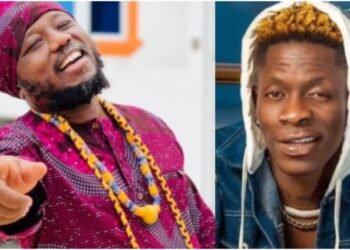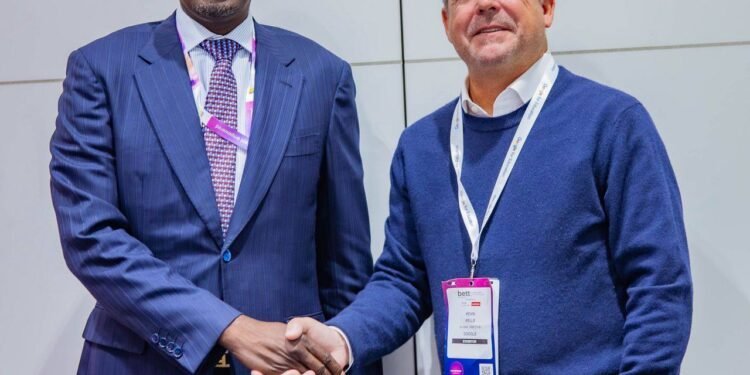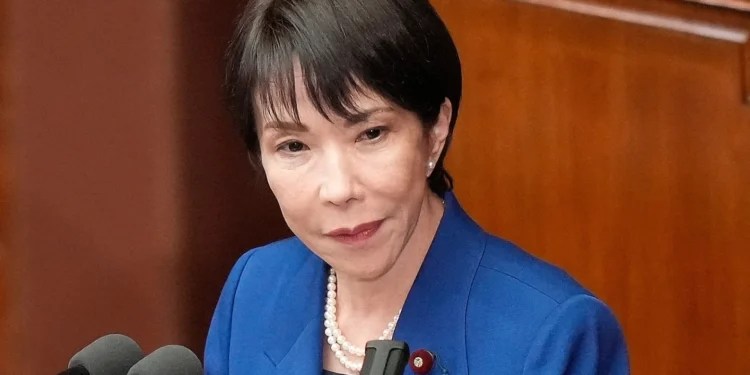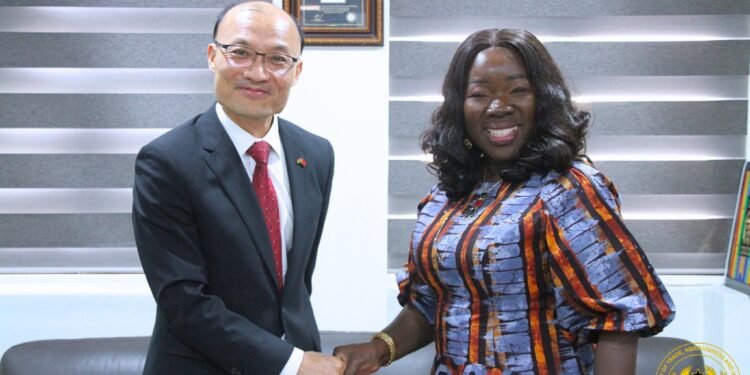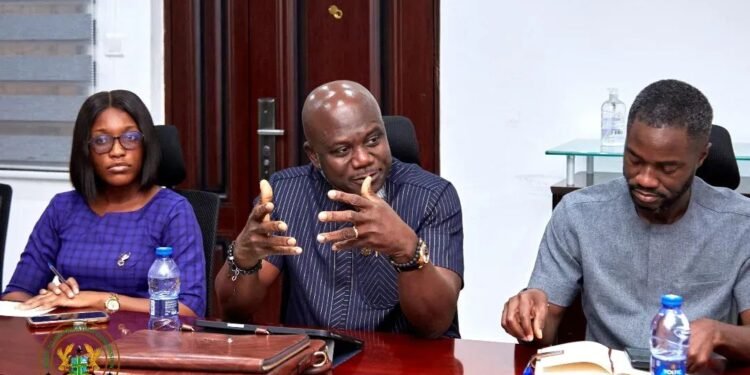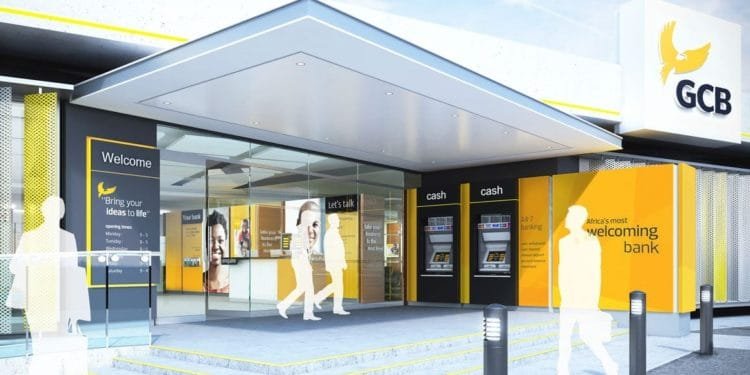In recent years, the comedic landscape in Ghana has undergone a significant transformation.
With the rise of social media platforms, a new generation of comedians has emerged, utilizing these tools to reach wider audiences and showcase their talent.
However, industry experts and seasoned comedians are now urging Ghanaians to view comedy not just as a form of entertainment but as a viable enterprise that can contribute to the nation’s economy and cultural identity.
Ghanaian politician and comedian, Fritz Baffour, has called on Ghanaians to have a progressive outlook on comedy.
Fritz stated that one of the problems of Ghanaian comedy is that the citizens are a bit laid back in their comedy appreciation.
According to him, most Ghanaians would not laugh at the jokes of the comedians while they were on stage performing. They only give them plaudits when they meet them in public.
While appreciating the fact that Ghanaian comedians are doing well, he admonished that the industry be taken as an enterprise.
“Ghanaian comedians are good. I like DKB, I like OB Amponsah. KSM was a gem so I think that really it is about society looking at comedy as an enterprise in terms of investment in entertainment, the media, and things like that.”
Fritz Baffour
Comedy in Ghana has a rich history, tracing roots to traditional storytelling and folklore. However, the modern comedic scene has evolved and is influenced by both local and international trends.
The emergence of stand-up comedy, skits, and digital content has diversified the comedic offerings in the country.
Comedians like Michael Blackson, DKB, and Afia Schwarzenegger have gained significant popularity, not only within Ghana but also on international platforms.
The proliferation of social media has played a pivotal role in this evolution. Platforms like Instagram, TikTok, and YouTube have provided comedians with the means to reach millions without the constraints of traditional media.
This democratization of content creation has led to the rise of many new talents who have harnessed their creativity to build substantial followings.
The Call for Professionalism
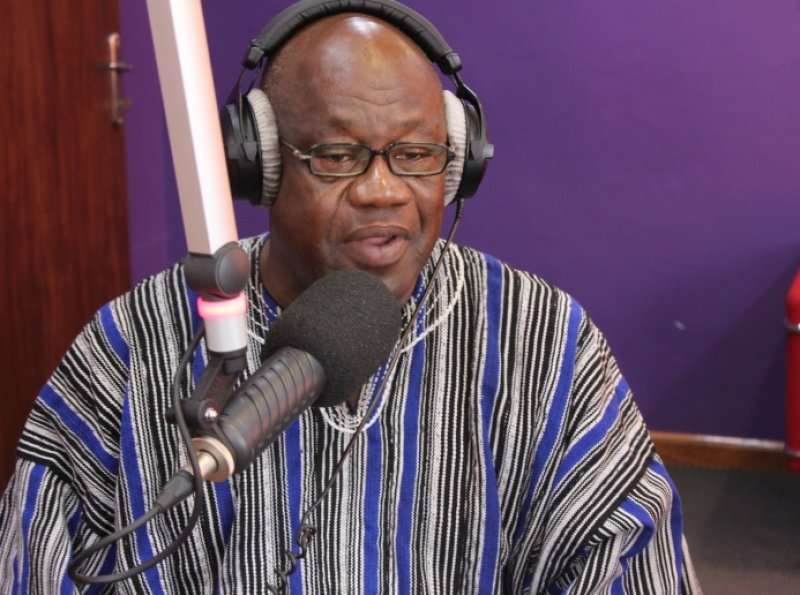
Despite the growth of the comedy scene, there remains a pervasive perception that comedy is merely a hobby rather than a professional pursuit.
This perspective often leads to underinvestment in the craft and limits the potential for comedians to monetize their skills effectively.
Industry experts are advocating for a shift in mindset. They emphasize the importance of treating comedy as an enterprise, which involves understanding the business side of the craft.
The economic potential of comedy as an enterprise is substantial. Live performances, corporate gigs, and brand endorsements generate significant income for comedians.
In Ghana, the establishment of comedy clubs, festivals, and competitions serves as a platform for emerging talent while also providing established comedians with opportunities to showcase their work.
To treat comedy as an enterprise, there is a pressing need for education and training within the industry.
Workshops, seminars, and mentorship programs equip aspiring comedians with the necessary skills to navigate the business aspects of comedy. This includes understanding audience dynamics, effective marketing strategies, and financial management.
While the potential for comedy as an enterprise is significant, some challenges need to be addressed. The lack of infrastructure, funding, and support for the arts are barriers to growth.
Additionally, societal perceptions of comedy as a lesser art form hinder the recognition of comedians as serious professionals.
The call for Ghanaians to treat comedy as an enterprise is a vital step toward recognizing the cultural and economic significance of this art form.
As the industry continues to evolve, the potential for comedians to not only entertain but also contribute to the nation’s economy and cultural identity is immense.
READ ALSO: Urgent Parliamentary Oversight Urged to Address Chief Justice’s Court Closures





